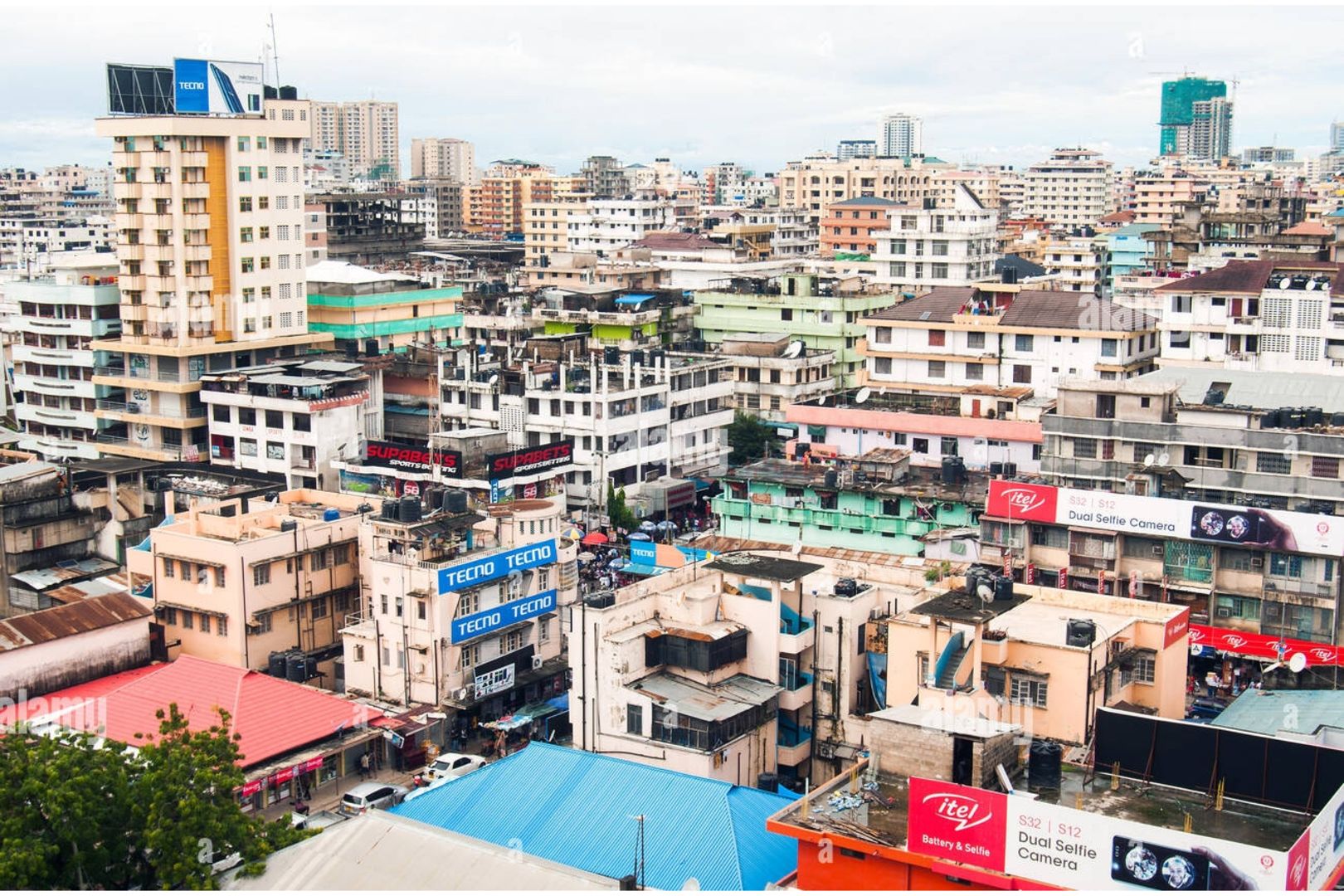Argentina seeks Africa’s backing over Malvinas

The British High Commissioner to Tanzania, Ms Diana Melrose, and the Argentine Secretary for Malvinas Affairs, Mr Daniel Filmus. Both countries are claiming the ownership of the islands called Falklands in the UK and Malvinas in Argentina. PHOTO | FILE
What you need to know:
- Argentine diplomat Daniel Filmus called upon Africa to support the country’s efforts to regain the disputed territory that led to a war between the two countries
Dar es Salaam. Last month Argentina hosted reporters and editors from across Africa to drum up the continent’s support for its diplomatic efforts to regain Malvinas Islands from the UK.
The venue of the conference was conveniently selected: the Ethiopian capital Addis Ababa, which is the African Union (AU)’s seat of power . Ethiopia is also famed for having dodged the infamy of colonialism.
That was no accident since the take-home message at the end of the day-long meeting was ‘help us end colonialism in part of our land.’
In his presentation, the Argentine Secretary for Malvinas Affairs, Mr Daniel Filmus, called upon African nations to support the country’s efforts to regain the disputed territory that led to a war between the South American nation and the UK in 1982.
The diplomat made a passionate appeal to Tanzania to support its cause as it has done in the past during the liberation of Southern African countries and its notable stand with the oppressed at the United Nations (UN).
“Tanzania’s role in our cause is very crucial because of its track record of always siding with the oppressed and standing against the oppressors,” Ambassador Filmus said.
This was the continuation of Argentina’s efforts to garner world support following another meeting that was held in Mexico with a broader aim being an attempt to galvanise countries of the global South as a bloc behind it.
The PowerPoint presentation was complete with history, maps, and historical administrative documents, chronology of UN-led efforts to resolve the matter and inference that the UK seized the islands, kicked out indigenous populations, implanted settlers from its homeland and its other colonies, and has defiantly refused to come to the negotiation table, claims that the UK High Commission in Tanzania has refuted.
The interesting thing about the whole saga is that the two countries do not only present different truths about the territory but they also call it by different names. The UK regards the 12,173 square kilometre archipelago in the South-west Atlantic Ocean as its oversea territory and calls it Falkland Islands while Argentina refers to it as Malvinas Islands and regards it as part of its land forcefully seized and colonised by the former.
Responding to the Argentina’s position that the UK seized the islands and kicked out indigenous residents, the UK High Commissioner to Tanzania, Ms Dianna Melrose, said the claims are absolutely untrue.
“There were no indigenous people on the islands before the first settlements established by France and the UK in 1760s. The UK has administered the Falklands peacefully and effectively for 182 years, interrupted only by the short-lived Argentine invasion of the islands in 1982,” she said.
And this is what Ambassador Filmus told reporters and editors in Addis Ababa on 29 April, on the same question:
“On 3 January 1833, British troops occupied the Malvinas Islands and expelled the Argentine authorities and population inhabiting the islands, replacing them with a colonial administration and British settlers.” Despite a UN resolution number 1514 (XV) calling for dialogue to resolve the matter, the UK is not willing to come to the negotiation table despite several attempts by Argentina, Filmus said. The UK said: “When Argentina talks about ‘negotiations’, what it actually means is agreeing a date for sovereignty to be transferred. To do otherwise would be against the Argentine Constitution as amended in 1994.
“We are completely clear that this is unacceptable and that there are three parties to this debate – not two as Argentina likes to pretend. The UK is committed to the principle of self-determination and therefore there can be no negotiations on sovereignty unless and until the Falkland Islanders so wish. They have made clear that they do not.”
But Ambassador Filmus maintained that the principle of self-determination does not apply to the question of the Malvinas because the UK repeatedly renews a significant proportion of the British population in the islands under its strict migration policy, which systematically discriminates against the settlement of continental Argentines, a situation which makes events such as referendum a mere neo-colonialism tactics.
“The Falkland Islands held an independently witnessed and verified referendum in March 2013, which reaffirmed their overwhelming wish to maintain their political status as an overseas territory of the United Kingdom,” Ms Melrose responded, adding: “We will continue to defend that right. Colonialism exists when one country exercises or proposes domination over an identifiably separate people who do not wish to be part of that country, which clearly is not the case on the Falkland Islands.”
But the Malvinas Islands are located just 346 kilometres from Staten Island and less than 500 kilometres from the coast of the Argentine Patagonia. On the other hand, the islands are some 12,761.34 kilometres away from the UK. This makes the islands naturally part of Argentina, Filmus argued.
“The Falkland Islands have never legitimately formed part of the territory of Argentina, and British sovereignty pre-dates the existence of Argentina”, Ms Melrose said.
“The UK came and seized the islands; we shall regain it through diplomatic means with support from the international community.” Filmus maintained.




